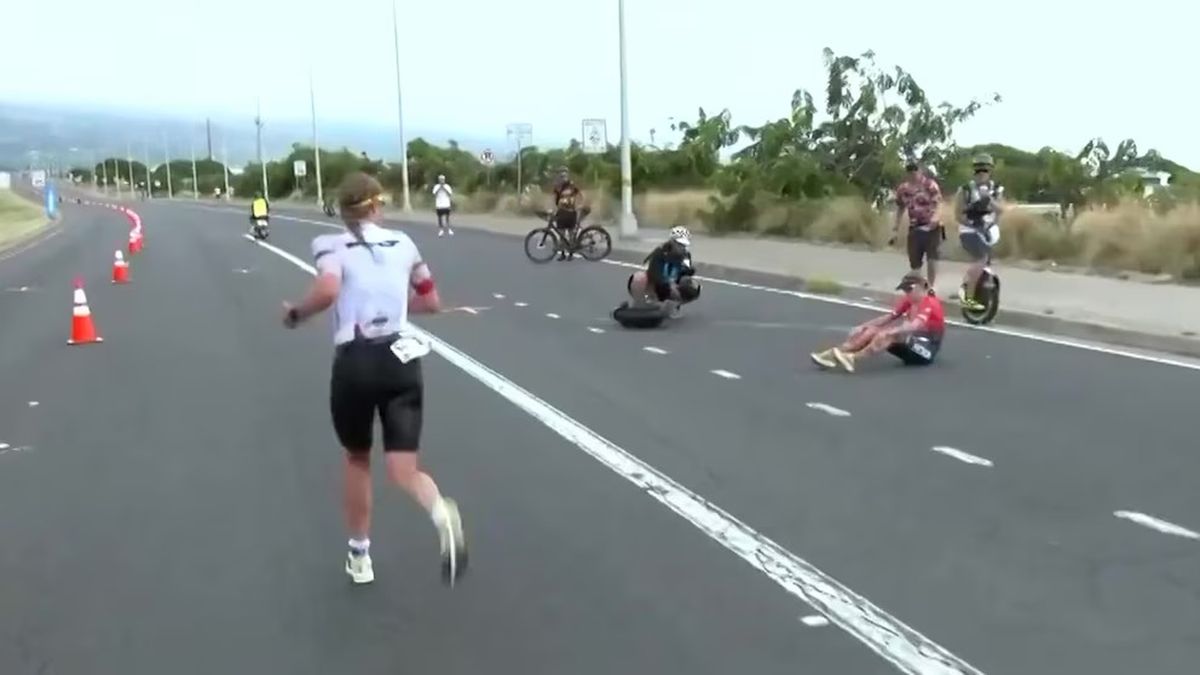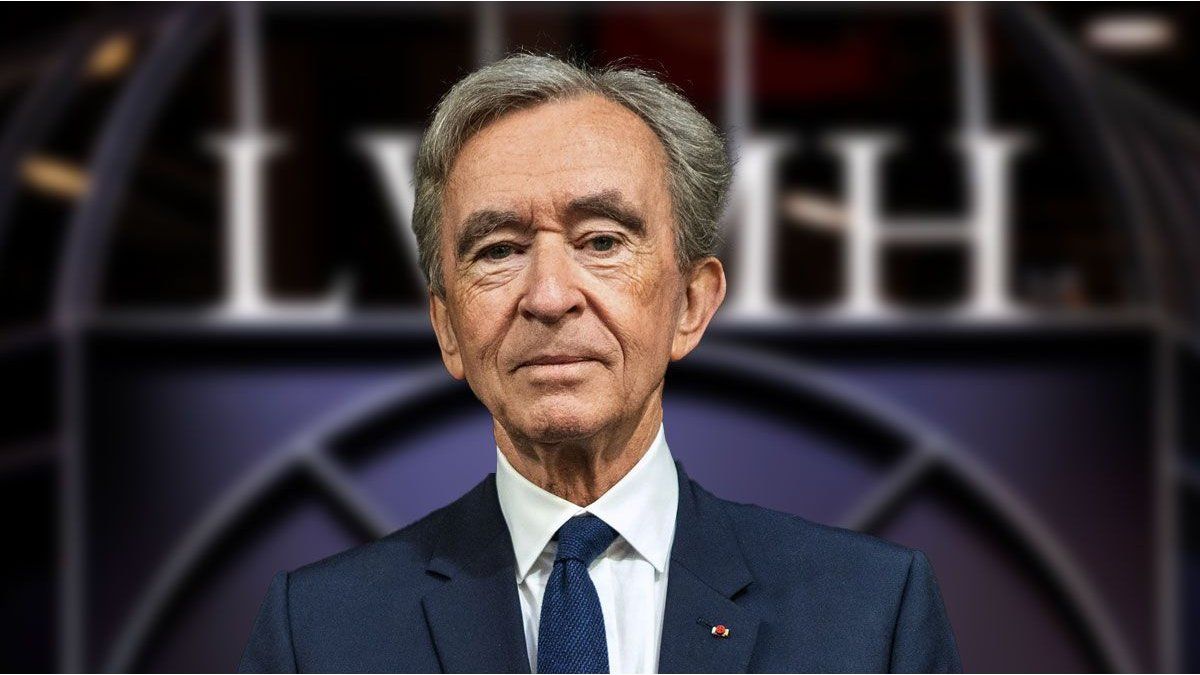The EU agriculture ministers are once again talking about how farmers can be supported. At the same time, farmers are demonstrating again. Germany has a clear concern.
At a meeting with his EU counterparts, Federal Agriculture Minister Cem Özdemir put pressure on more information on the origin of food products. Supported by Austria, France and other countries, the Green politician demanded that far more food products than before must be labelled with the name of where they were produced. This expansion is necessary so that consumers can make informed purchasing decisions, said Özdemir.
The 58-year-old also criticized the EU Commission, which, contrary to its promises, has not yet presented any proposals for better food labeling. “We will certainly continue to put pressure on this,” he announced. The country of origin already has to be stated for many foods, such as fresh fruit and vegetables.
In Germany, since February, the country of rearing and slaughter must also be indicated on labels for unpackaged meat from pigs, sheep, goats and poultry.
Özdemir would prefer labelling “everywhere”
“We can only take action wherever Brussels has declared that it will not do anything itself,” Özdemir explained his national solo effort on Friday. When asked, he would prefer to introduce labeling “everywhere” so that citizens can see whether a product comes from their home country, he said.
Criticism of Germany’s initiative came from Denmark, among others. Mandatory origin labelling could potentially lead to more food waste. In addition, the plan could also lead to additional administrative burdens and higher prices, said Danish Agriculture Minister Jacob Jensen.
Parallel to the meeting, European dairy farmers protested for better incomes. Under the motto “A fair income for farmers now!” the demonstrators addressed their demands to the meeting of EU agriculture ministers, to the European Commission and to the European Parliament, as the European Milk Board (EMB) announced. The umbrella organization of European dairy farmers from more than 15 countries organized the protest.
Peaceful protest with cow figures
The demonstrators came with large cow figures in their respective national colors. This was intended to symbolize the diversity of the movement. In contrast to previous farmers’ protests in the Belgian capital, the farmers remained peaceful.
During the meeting, Özdemir made his way to the demonstrators on foot. In his speech, Özdemir said, among other things: “Do not listen and do not listen to those who tell you that the fight against the climate crisis, the fight against species extinction, is a disadvantage for the interests of German agriculture.” He also criticized the EU agricultural policy, which is heavily focused on subsidies. This has led to the situation in which dairy farmers now find themselves. The approximately 30 participants repeatedly expressed their agreement with the minister’s statements.
Demand for exceptions to the protection status of wolves
Austria also brought the issue of wolves onto the agenda at the meeting. The fact that protected predators, such as wolves, are increasingly settling in the EU has led to problems in agriculture and forestry, according to an Austrian paper. Vienna is calling, among other things, for there to be exceptions to protection regulations for particularly affected areas such as the Alpine region, where extensive agriculture traditionally plays an important role. According to the Austrian Ministry of Agriculture, a qualified majority of EU states also see a need for action.
Özdemir expressed his understanding for Austria’s plan. “It’s great that the wolf is back, but I simply don’t think it has any place in agriculture,” said the minister. He was not able to imagine reasonable protection from wolves on dykes or alpine pastures. “Do we really want to put up fences everywhere? It would be a real headache,” said Özdemir. This would also have consequences for nature conservation if numerous fences were built in these regions.
Praise for the attitude comes from the coalition partner. Bundestag member Ulrike Harzer described it as immense progress. “In the interests of farmers and livestock keepers, it is now urgently necessary to convince his Green colleague, the Environment Minister Steffi Lemke, to agree to lower the protection status to protected,” said the FDP politician.
Source: Stern




